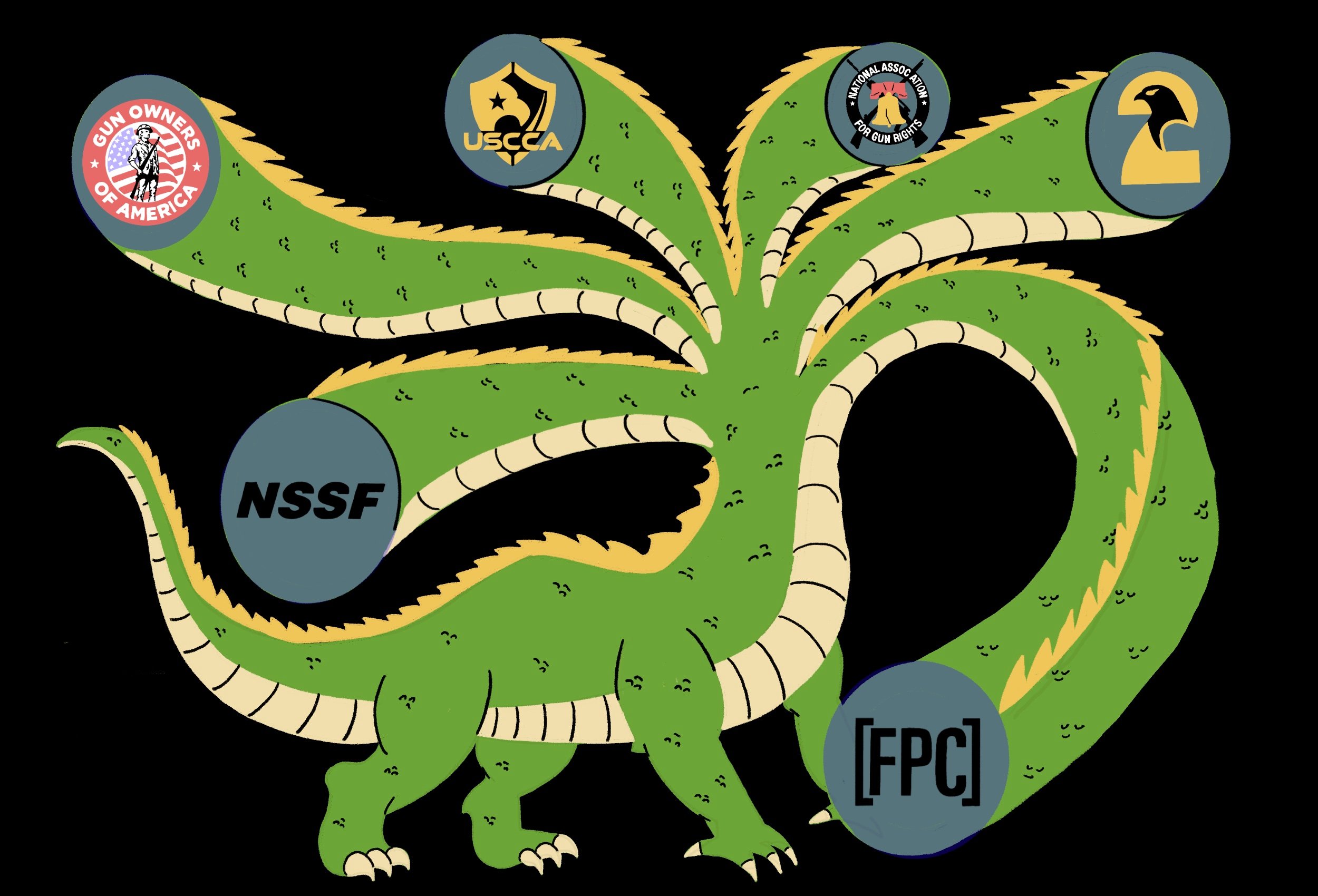On March 2, a state court judge dismissed claims in New York Attorney General Letitia James’s lawsuit against the National Rifle Association that sought the group’s dissolution. Other claims against the group and individual executives, including CEO Wayne LaPierre, will move forward.
Though attorneys familiar with nonprofit law have said the dissolution bid had little chance of success, the demise of the country’s most powerful gun rights group had been a prospect, at least in theory, since James brought her suit in August 2020.
“The complaint does not allege that any financial misconduct benefited the NRA,” Judge Joel Cohen ruled, “or that the NRA exists primarily to carry out such activity, or that the NRA is incapable of continuing its legitimate activities on behalf of its millions of members. In short, the complaint does not allege the type of public harm that is the legal lynchpin for imposing the ‘corporate death penalty.’ Moreover, dissolving the NRA could impinge, at least indirectly, on the free speech and assembly rights of its millions of members.”
The NRA did not immediately respond to a request for comment.
In a statement, James said: “While we’re heartened that the judge rejected the NRA’s attempts to thwart most of the claims in our case … we are disappointed that the judge ruled against the dissolution portion of the case. We are considering our legal options with respect to this ruling.”
The statement emphasized that Cohen had let stand all “claims of self-dealing, abuse, and unlawful conduct by LaPierre, who has been at the helm of the NRA for three decades.” The judge also let stand claims against NRA General Counsel John Frazer, who failed “to address conflicts of interest and respond to whistleblowers who alerted the NRA to systemic financial wrongdoing,” according to the statement. Cohen also allowed claims against the NRA for making false regulatory filings to proceed.
James started investigating the NRA in 2019, shortly after The Trace, in partnership with The New Yorker, published a detailed report on financial improprieties at the gun group.
Cohen wrote that the remaining claims, if proven, “tell a grim story of greed, self-dealing, and lax financial oversight at the highest levels of the National Rifle Association.”
Sean Delany, a former chief of the Charities Bureau in the Attorney General’s Office, said that, “LaPierre remains in just as precarious a position as he did prior to this decision, and the claims against him and the other individual defendants are untarnished.”
The NRA is seeking to have James’s case dismissed and has brought counterclaims against the attorney general, characterizing her suit as an illegitimate political vendetta. At a hearing on February 25, Cohen expressed skepticism toward the NRA’s arguments, on which he’s yet to rule.

